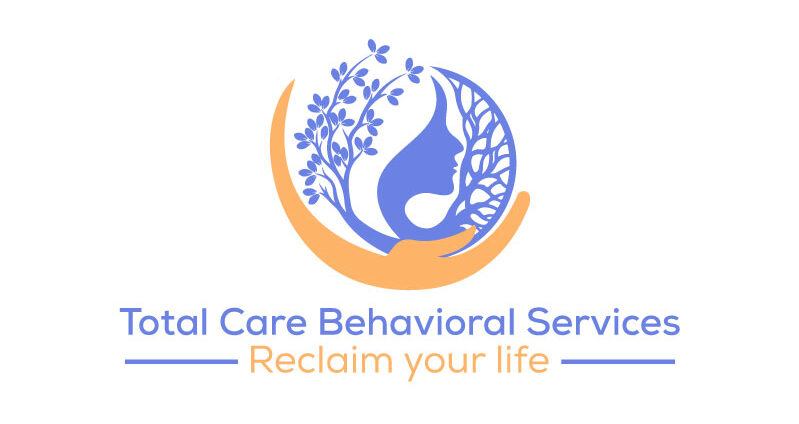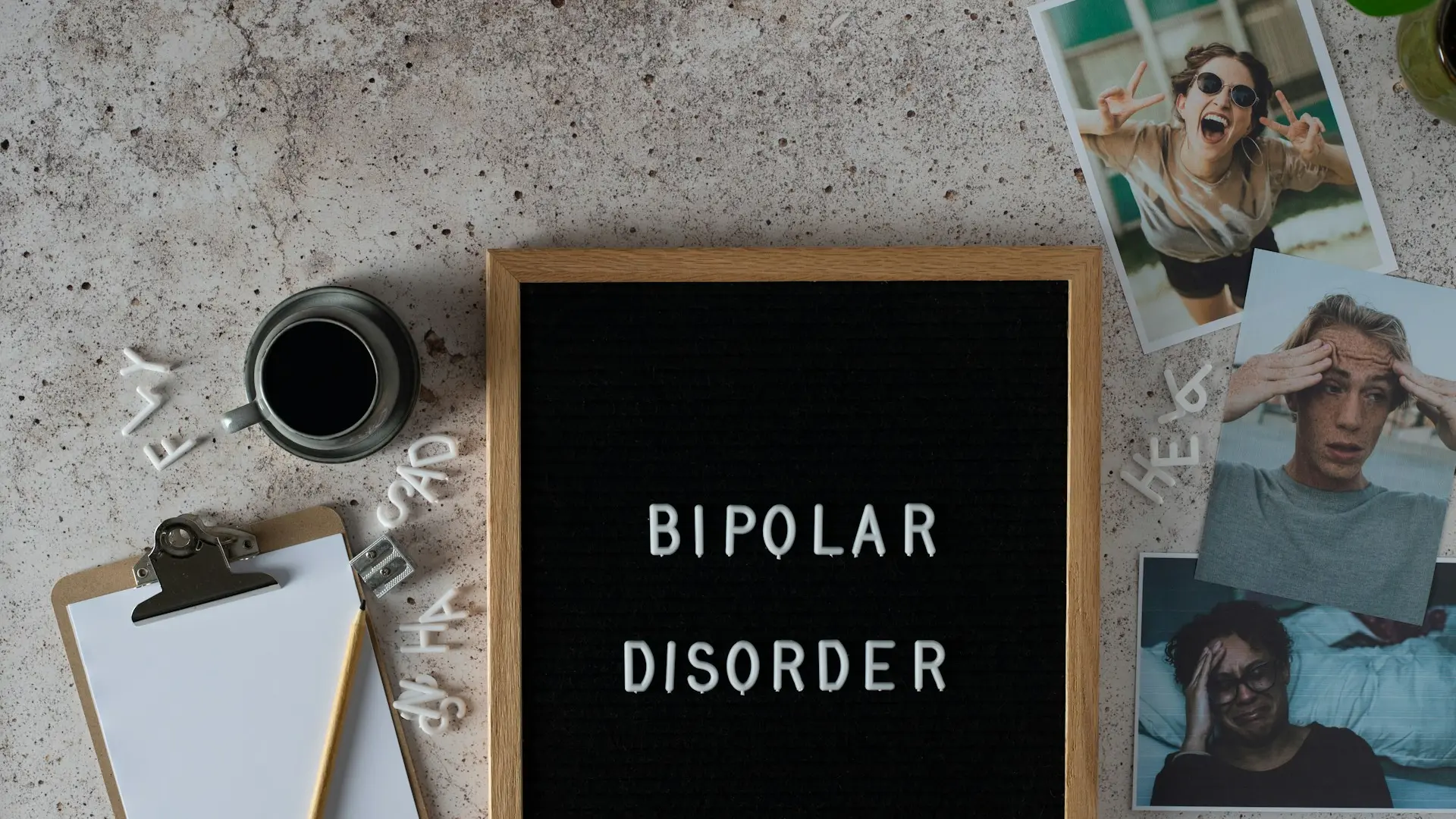What is bipolar disorder? Symptoms, Types, Causes, Diagnosis, Psychiatric Treatment
Bipolar disorder is a kind of complex mental ailment characterized by sudden changes in a person’s temperament, energy, and attention. Such changes or mood swings can interfere with daily to-do tasks and make life a bit more complicated.
In bipolar disorder, weird and insane behavior is shown by an individual. We can also refer to it as demented or manic depression.
If you want to know more about bipolar disorder, then continue reading the article.
How many kinds of bipolar disorder are there?
Three types of bipolar disorder are known so far. Prominent mood swings and changes in energy and excitement can be seen during these types. Such moods can be very severe like energized behavior, and greater activity performance, also known as manic episodes, and can also be very less or down as disappointed and depressed behavior identified as depressive episodes (hypomanic).
What is bipolar I disorder?
This kind of disorder can occur for 7 seven days. It is diagnosed as a severe hysterical episode which can be so severe that immediate clinical help is required to cope with it.
Generally, depressing periods occur, a person with this disorder gets depressed and this condition can last for 14 days. In a depressing period, various symptoms can be observed like manic symptoms. If a person frequently experiences such episodes of depression and mania more than 4 times a year then this condition is called rapid cycling.
What is Bipolar II disorder?
This includes much less episodes of depression and sadness. Type II disorder is hypomanic in which very less manic episodes are observed.
What is Cyclothymic disorder?
The cyclothymic disorder includes repeated episodes of both depression and maniac. These episodes are not that severe and do not occur for a long period to categorize them as hypomanic or depressive.
There are some cases observed worldwide when a person can experience symptoms related to bipolar disorder but these symptoms are not categorized into any of the three types explained earlier rather these symptoms can be attributed to undetermined bipolar or some other associated disorders.
When does bipolar disorder occur?
Bipolar disorder is usually detected during the teenage years or sometimes in adulthood like 20-21. Symptoms of bipolar disorder can also appear during childhood. Such symptoms can be different with time, lifetime treatment is needed for bipolar disorder. If a person follows the recommended plan for the treatment of disease then the symptoms and severity of the disease can be managed and in this way, an individual can improve their life quality.
What are the symptoms of bipolar disorder?
Such discrete phases are mood episodes. These episodes show the behavior and mood of a person different from their routine behavior. Throughout the episode, various symptoms can be observed that can last for a day or an elevated period of weeks.
A manic episode and a depressive episode
During a manic episode, a person feels over-excited and hyperactive while during a depressive episode, a person feels demotivated and depressed.
What are the symptoms of a manic episode?
What are the symptoms of a depressive episode?
Episode with combined symptoms
Some people can experience symptoms of both manic and depressive episodes. In such episodes of mixed traits, a person can feel depressed, hopeless, and highly energetic at the same time.
Sometimes bipolar disorder symptoms are not that severe. For a person having bipolar II disorder, hypomania can be observed, a less severe form of mania. In such conditions a person feels normal and able to do daily tasks, but the family and friends experience changes in their behavior and mood. If such a condition is left untreated, then a person with hypomania can advance to depression and mania.
How to diagnose bipolar disorder?
In the diagnosis of bipolar disorder, a physical test is done by your physician. He or she will inquire about your symptoms, and a blood test can be suggested to know if any other condition, like hypothyroidism, is the reason for the symptoms.
If the blood test results are clear and show no basic reason for the symptoms, then a psychological examination is done by the doctor.
In a psychological test, a doctor will get every single detail of your condition. He or she will ask for the severity of the symptoms and if there is any family history of depression and hypertension disorders or bipolar disorder. A specialist will ask for the symptoms, how long they have been experiencing such symptoms, at what time they started, and if they have happened in the past. By examining all the data, a healthcare provider can conclude whether a person has only bipolar disorder or any other mental illness.
A healthcare worker will examine your mental condition, whether you have suicidal thoughts or some other aggressive traits that can be life-threatening. The expert will inquire if you have some kind of addiction or consume alcohol. He or she may perform a little survey to know about how the symptoms are affecting your life.
When a correct diagnosis of a disease is performed, then it becomes easy for a doctor to plan or prescribe a cure for the patient.
What are the causes of bipolar disorder?
Studies prove that many aspects can cause bipolar disorder. However, scientists and medical researchers have come to certain points that can explain the actual factors for bipolar disorder.
Researchers believe that a person with bipolar disorder has different brain functioning as compared to a person not having bipolar disorder. If researchers work constantly on this subject then scientists will get to know more about bipolar disorder and its possible treatments. Nowadays it is treated by considering the symptoms and medical history of a patient.
Studies show that a person having particular genes in a body can have bipolar disorder. Gene inheritance can be the cause of bipolar disorder, for example, if a person has a family history of bipolar disorder then the chances of having the disorder increase. There is no specific gene that is the reason for bipolar disorder but it involves several genes.
Bipolar disorder is a condition that may occur along with other mental ailments such as depression, anxiety, abnormal eating, etc. In some conditions, the manic and depressive episodes become so severe that it can lead to psychosis which is a mental disorder in which a person hallucinates and assumes things which in reality are not present. In psychosis, a person’s symptoms become related to their circumstances. For example, a person having a depressive episode may develop psychotic symptoms as if they are bankrupt but on the other hand, with psychotic symptoms during a manic episode, a person will believe that they are rich and popular.
What is the cure for bipolar disorder?
Bipolar disorder can be treated by medication and psychotherapy. Many improved results can be obtained from this treatment.
How is bipolar disorder treated?
The treatment for bipolar disorder may be very beneficial for various individuals, as well as for those who are very critical patients. The most beneficial treatment plan includes medication and psychotherapy, also known as talk therapy. A person with bipolar disorder has to learn to manage their symptoms by getting proper treatment and therapy. It is a lifetime-lasting disorder and can be cured if managed properly.
What medicines are used to treat bipolar disorder?
There are some medicines available in the market that can help to manage the symptoms of the disease. These medications include mood stabilizers and antidepressants. Some medicines can help to manage the symptoms of the disease. Antidepressants are given with the mood stabilizer; otherwise, it can initiate the manic episode.
The healthcare provider should take a proper medical history of the patient when the medication is prescribed. This will help the patient to get good treatment.
What are the mood stabilizers?
Mood stabilizers help to prevent manic and depressive episodes from becoming severe. Mood stabilizers such as Valproic acid (Depakene), carbamazepine, and lithium can be used which can lessen severe mood episodes.
Psychiatric treatment
Psychotherapy is a dialogic therapy. It can be very crucial in the treatment of bipolar disorder. The psychotherapist treats the person by talking and helps them to manage their thoughts and behavior. Such therapies can support patients with bipolar disorder in life activities. The treatment of bipolar disorder may also contain some other developed and new therapies that should be designed specifically for bipolar disorder treatment.
Conclusion
The article concludes that bipolar disorder is a mental illness and its symptoms can be mild or severe, we can deal with the symptoms by getting proper treatment and medications. If such conditions are left untreated they can become unmanageable and can make life miserable.

